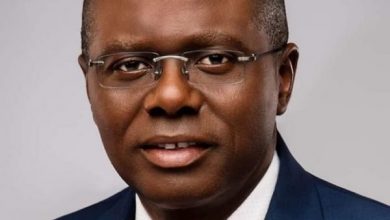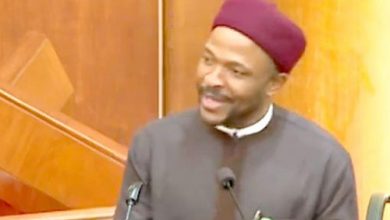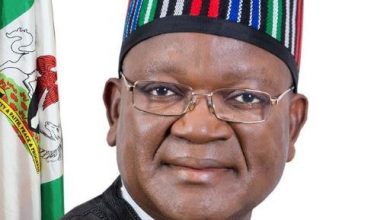ASUU Yola Zone Accuses Federal Government of Stifling Public Universities
ASUU Yola Zone Accuses Federal Government of Stifling Public Universities

By AmforGod J. Olisa
The Yola Zone of the Academic Staff Union of Universities (ASUU) has accused the Federal Government of suffocating public universities across Nigeria. The zone, encompassing institutions such as Adamawa State University (ADSU), Federal University Gashua (FUGA), Modibbo Adama University (MAU), Taraba State University (TSU), University of Maiduguri (UNIMAID), and Yobe State University (YSU), expressed strong condemnation of what it described as “unprecedented creeping fascism” infiltrating public universities.
In a press briefing at Modibbo Adama University (MAU) in Yola, the ASUU spokesperson, Professor Dani Mammam, who is the Zonal Coordinator of the Yola Zone, highlighted fundamental issues threatening academic freedom, the rule of law, and democratic principles in Nigerian universities. He pointed out that the primary reason for the eight-month strike action in 2022 was to compel the Federal Government to implement the Memorandum of Action (MoA) of February 7, 2019, which aimed to address various issues in the university system.
“You will recall that after two years of negotiations, the FGN and ASUU reached an agreement in 2009. This agreement covers conditions of service for university lecturers, funding for universities, university autonomy, and academic freedom,” said Professor Mammam. He emphasized that the agreement aimed to reverse the decay in the university system, reverse the brain drain, restore Nigerian universities through substantial financial intervention, and ensure genuine university autonomy and academic freedom.
Despite repeated efforts and promises, the government has not fulfilled the terms of the agreement. Negotiations held in 2017, 2018, 2020, and 2022 with government representatives, including Dr. Wale Babalakin, Prof. Munzali Jubril, and the late Nimi Briggs, have yet to yield any results. The Nimi Briggs Committee concluded its renegotiation with ASUU, but the government’s refusal to sign the renegotiated agreement has stifled public universities.
Professor Mammam also criticized the recent wage award by the government, which he claimed was not part of the renegotiated agreement. He reiterated ASUU’s demand for the full implementation of the Nimi Briggs Committee report, noting that the government’s failure to mainstream Earned Academic Allowances (EAA) into salaries is a clear manifestation of its bad intentions toward academic staff.
He further highlighted the non-payment of EAA in various universities: “Adamawa State University has not been paid EAA from 2016-2023, Taraba State University from 2015-2024, and Yobe State University academic staff have not received their EAA for the 2020/2021 and 2022/2023 sessions.”
Professor Mammam also condemned the withholding of three-and-a-half-month salaries of ASUU members, despite the fact that they have covered the work for the period during which they were on strike. He argued that this was unfair and illegal, especially since universities are now in the 2023/2024 academic session, with no skipped or canceled sessions recorded.
On university autonomy, ASUU criticized the government’s imposition of the Central Curriculum Minimum Academic Standards (CCMAS), which it said undermines the powers of university senates. “Unifying academic curricula across Nigerian universities is counterproductive as it erodes competition, innovation, and creativity,” he said.
ASUU also reiterated its rejection of the government’s student loan scheme, labeling it an IMF/World Bank ideology intended to undermine the educational system and burden Nigerian youth with debt. Instead, the union called for the provision of study grants.
Concluding the press briefing, Professor Mammam underscored ASUU’s commitment to repositioning the Nigerian university system and highlighted the dire financial conditions faced by lecturers, whose salaries have not been reviewed since 2009. He called for better funding for education, asserting that it is a matter of priority for the government






